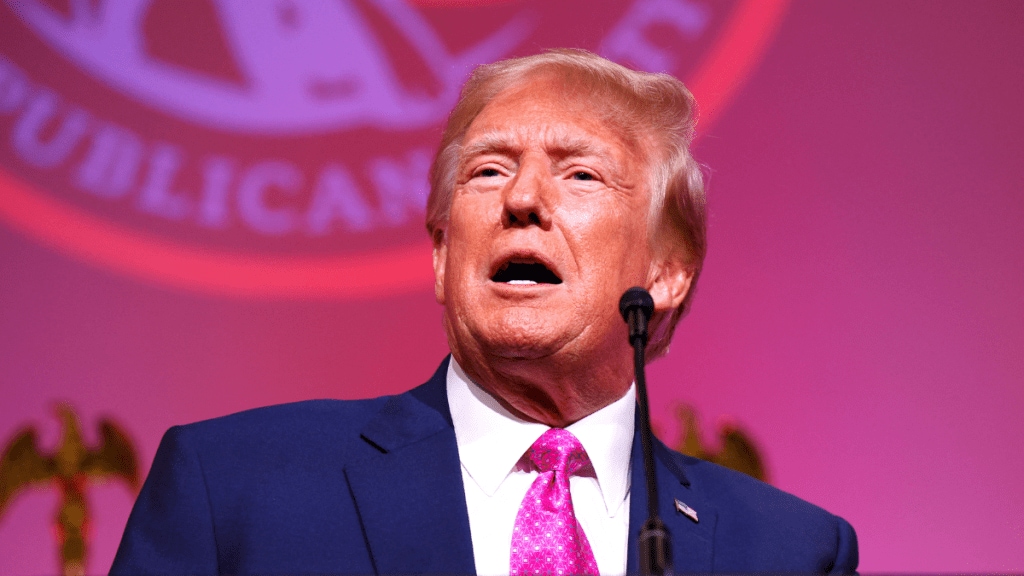The US has decided to allow trade negotiations to continue until an extended deadline of August 1 for 12 countries. While the names of the countries were not announced, the decision is expected to give India a breathing space to resolve the pending issues before signing an interim trade deal, which was earlier supposed to run out on July 9.
Earlier in the day, the Trump administration on issued tariff-hike letters to Japan and South Korea, the fourth and sixth largest trading partners of the US respectively.
The US would impose additional tariffs of 25% each on both the countries, effective August 1, reports said late Monday.
The extended deadline will allow many countries time for talks to wrap up with countries with which talks for bilateral trade pacts are under way, including India.
New Delhi, which was engaged in intense negotiations with the US for an interim mini bilateral trade agreement, however, was firm on safeguarding the interests of its farming community, which apparently led to a deferment of the announcement of the deal. Yet, sources here indicate that over the next few days ot weeks, an agreement could be reached by both sides. The prospect of the deal in terms of coverage of tariff lines, could be less than what initial ambitions suggested.
Washington has been insisting that India must reduce tariffs on agricultural items like dairy products, poultry, corn, almonds, apples, maize and soyabean. There was even pressure on India to allow imports of genetically modified soyabean meal used in animal feed. On its part, India has been asking for withdrawal of the separate sectoral tariffs levied on steel, aluminium, auto parts , and wanted the US to refrain from raising tariffs on pharmaceutical formulations. Though the US tariffs on goods are already low, India sees scope for further tariff reliefs under the BTA for its labour-intensive exports, including textiles.
Official sources here say that the ball is in the US court as far as the timing and magnitude of the BTA is concerned. Stating that India doesn’t negotiate trade deal against tight deadlines, commerce and industry minister Piyush Goyal said last week that any such agreement could benefit both sides.
While the US has raised several other demands on India like relaxations in government procurement, IPR, data localisation etc., these things are being kept out of at least the interim deal.
So far, the UK and Vietnam are the two major countries that have signed deal with the US after the reciprocal tariff policy was unveiled by Trump.
The US Treasury Secretary Scott Bessent said on Monday that Trump administration was “close to several deals.” on its part, the European Union said it is “ready for a deal” with Washington, with the bloc’s trade chief slated to meet his US counterparts Thursday.

